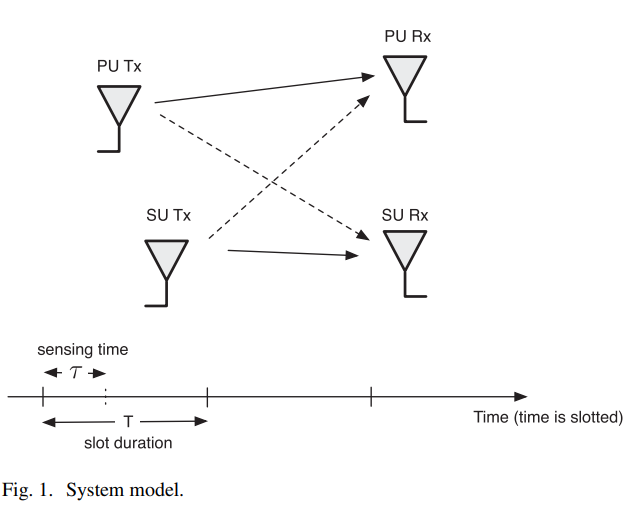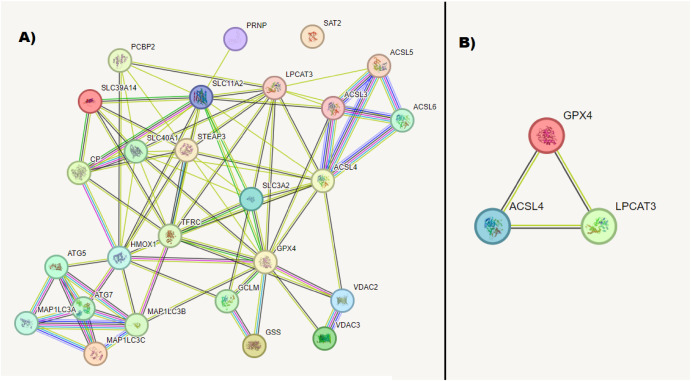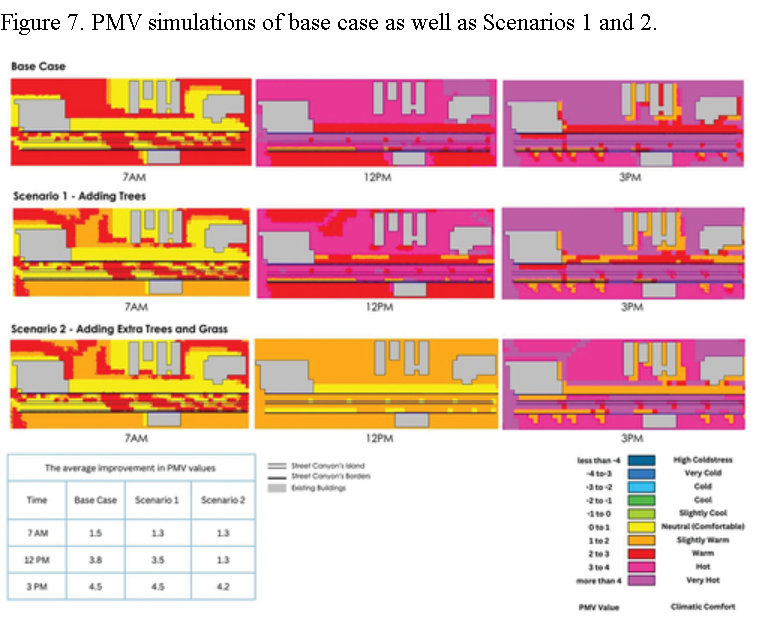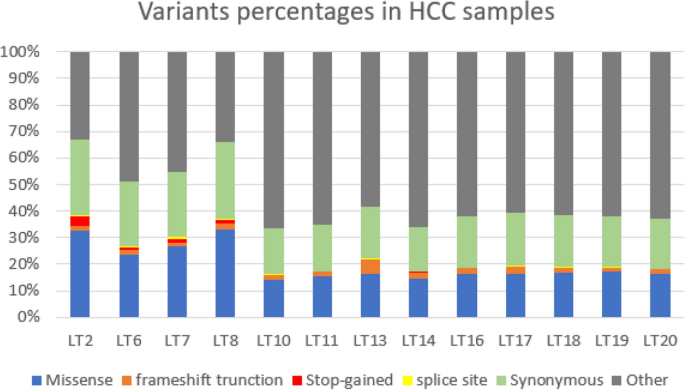

Effective capacity of delay-constrained cognitive radio links exploiting primary feedback
In this paper, we study the effective capacity (EC) of cognitive radio (CR) networks operating under statistical quality-of-service (QoS) constraints in an attempt to support real-time applications at the secondary users (SUs). In particular, we analyze the performance gains, in terms of EC and average transmitted power, attributed to leveraging the primary user (PU) feedback overheard at the SU, at no additional complexity or hardware cost. We characterize the EC performance improvement for the SU, in the presence of a feedback-based sensing scheme, under the signal-to-interference-plus-noise ratio (SINR) interference and collision models. Toward this objective, we develop a Markov chain model for feedback-based sensing to compare the performance of a two-link network, a single secondary link, and a primary network abstracted to a single primary link, with and without primary-feedback exploitation. We prove that exploiting the primary feedback at the secondary transmitter improves the EC of the SU under the SINR interference model. On the other hand, interestingly, exploiting the PU feedback messages does not enhance the EC of the SU under the collision model. Nevertheless, exploiting the PU feedback reduces the SU average transmitted power under the two aforementioned models. Finally, we present numerical results, for plausible scenarios, that support our analytical findings. © 2015 IEEE.



